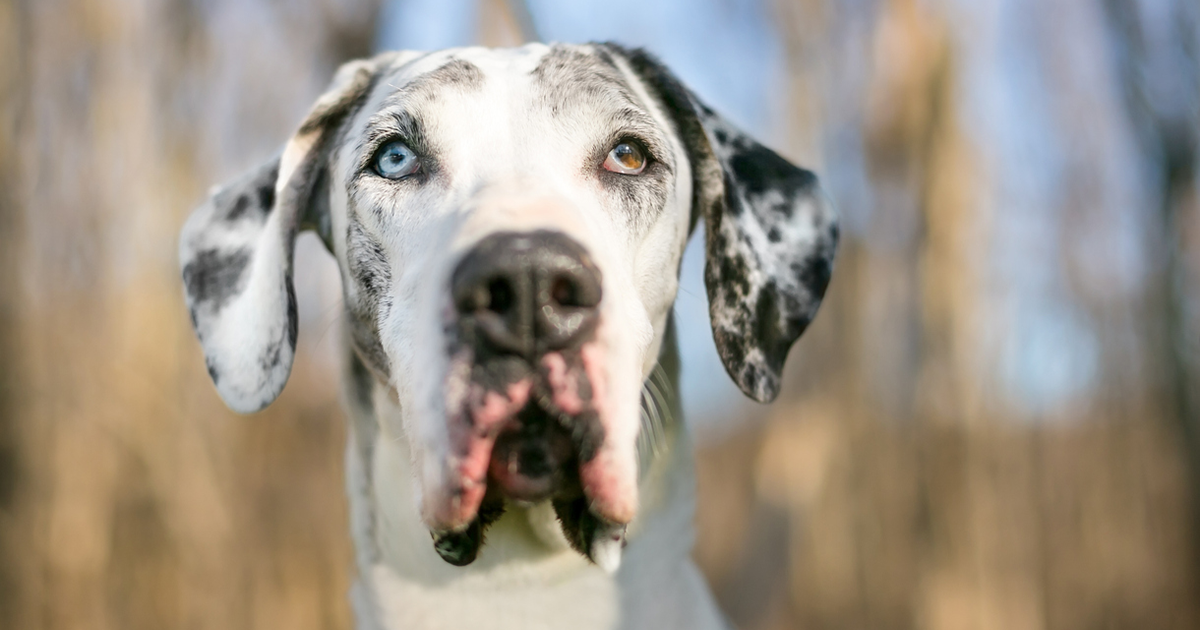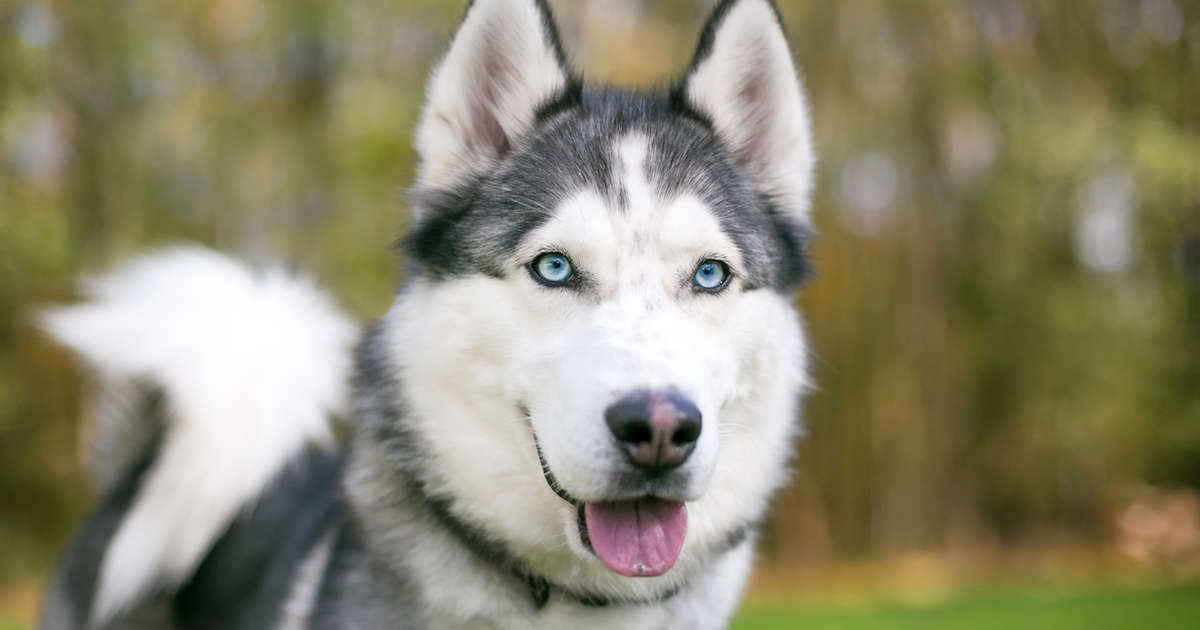Last Tuesday, the city council in Shaker Heights, Ohio voted against a proposed Pit Bull ban 5-2.
The ordinance was reviewed several times since its introduction in November 2015 before the decision took place, when community members gathered to voice their opinions.
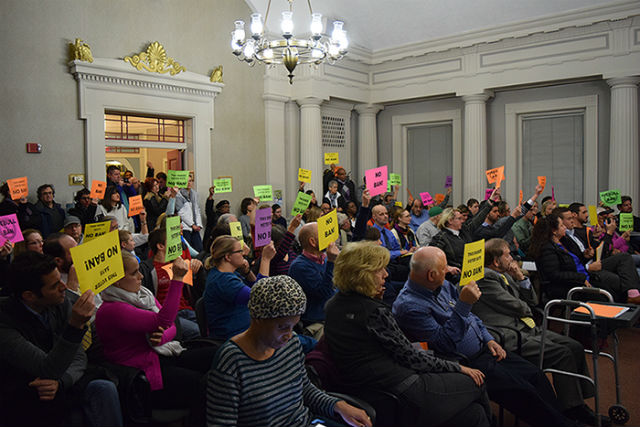

Shaker Heights resident Clint Evans told Cleveland.com that at the time, 19 states had agreed to prohibit breed-specific laws, and 19 cities in Ohio have done the same just in 2015. “Since my wife and I own an American Staffordshire Terrier,” he tells BarkPost, “we were directly affected by this law.”
The amendment for Shaker Heights would have allowed existing Pit Bull breeds to stay in the city, though their humans would be required to register their pup and pay a yearly $20 fee. No new dogs identified as Pit Bulls would be permitted to live within city limits.


Lee Greenwood of the Best Friends Animal Society knows all too well the damaging effects these breed-discriminatory laws (BDL) can have on dogs and their families. He tells BarkPost:
We think it’s a lot more descriptive and impactful to call these terrible laws what they are, discrimination. That term is being used more and more as the public is becoming more aware of what these laws are and how they impact innocent and responsible dog owners and lovers.
Dogs living in pro-BDL cities have too often been ripped from their homes and dumped in shelters. As with this pair of senior Pitties from Maryland, and a beloved dog seized by officials while visiting Salina, Kansas with his owner, there is no consideration for the dogs’ personality or past. If they look like a “Pit Bull,” then they aren’t permitted.
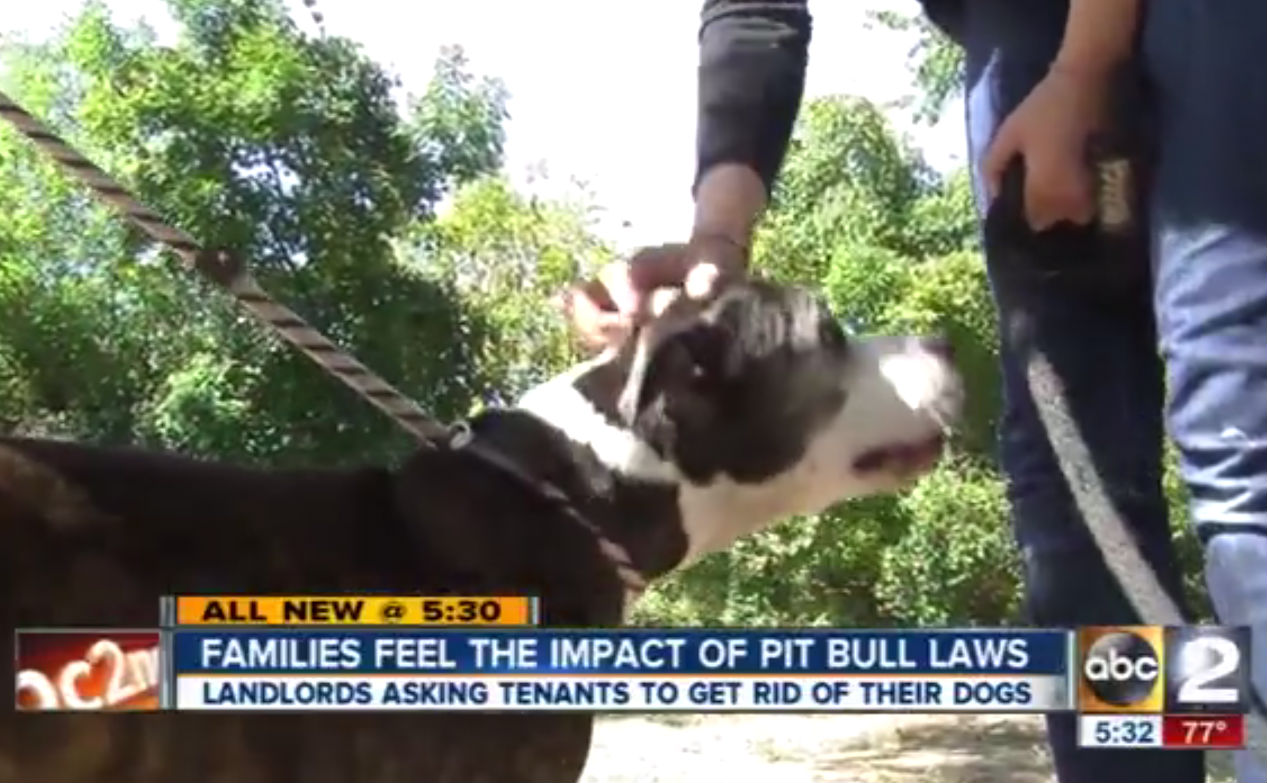

The laws have long been decried as ineffective, unfair, and extremely costly by those opposed. They simply do not keep people safe. Greenwood says:
We know that effective dangerous dog laws focus on the behavior of ALL dogs, regardless of breed, and the reckless and irresponsible owners that cause so many of the problems. […] They [also] cost a ton of tax payer dollars to maintain and enforce. That’s money that can be used for things that cities and towns really need, like schools, roads, police, and more animal control services.
The American Veterinary Society of Animal Behavior affirms that the laws “can lead to a false sense of community safety as well as welfare concerns for dogs identified (often incorrectly).”
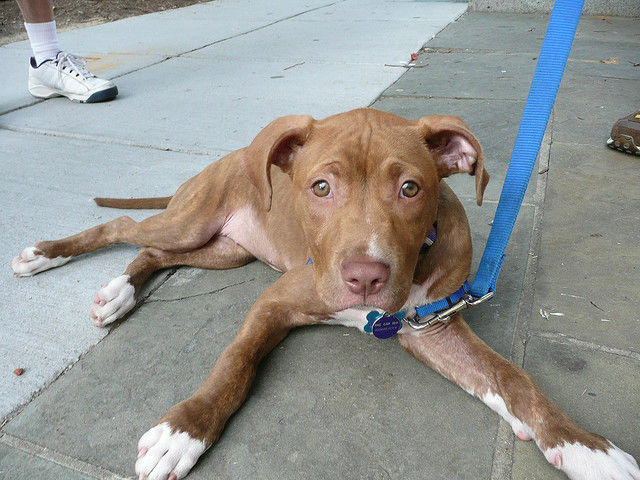

Authorities nearly always rely on sight identification, and dogs who share similar characteristics to regulated breeds (such as a muscular body or large skull) become automatically incriminated. Providing officers with the authority to “‘visually identify’ a dog and make an ‘assumption’ as to what genetic components make up the dogs is completely wrong and completely inaccurate,” says Denise Geschwender, a Parma, Ohio resident who has tried for years to convince her town to repeal the ban in place since 1987.
[bp_related_article]
Geschwender has formed a group of likeminded citizens and even ran in a local election to try and initiate change. She has spoken at council meetings and invited experts to speak, has submitted online petitions and sent emails, held peaceful protests, attended mayor meetings, and educated citizens at public events among so many other efforts. Still, Parma refuses to even consider lifting the ban.
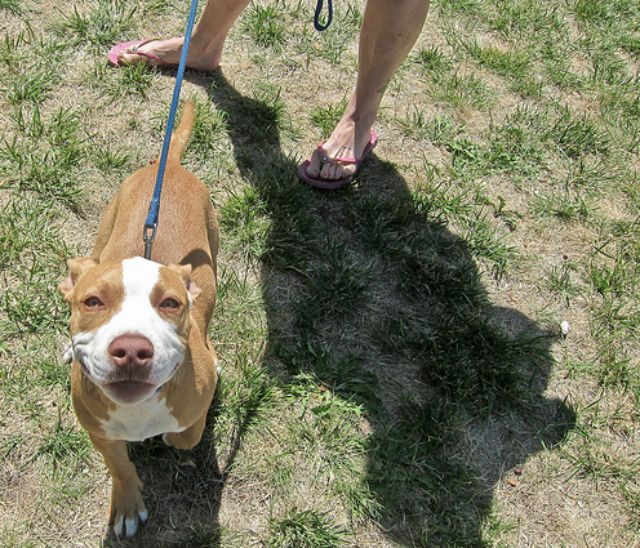

“When the incident of Shaker Heights arose,” she says, “I knew that this was going to be a very big and controversial issue.” A number of other towns in Ohio have already approved the law based upon inaccurate impressions of its effects. Geschwender continues:
It is my goal and mission to continue fighting against Parma and any other cities in Ohio to remove [breed-specific legislation (BSL)] from their laws. I will continue to supply them factual information in hopes that they will come to the realization that BSL is completely ineffective, unenforceable, does NOT promote public safety.
After similar attempts by Evans and his friends and neighbors in Shaker Heights—consisting of no less than starting the conversation on Facebook, developing defenses, meeting with council members and speaking at meetings, and even writing up a substitute legislation—citizens came together in support and turned the vote in their favor.
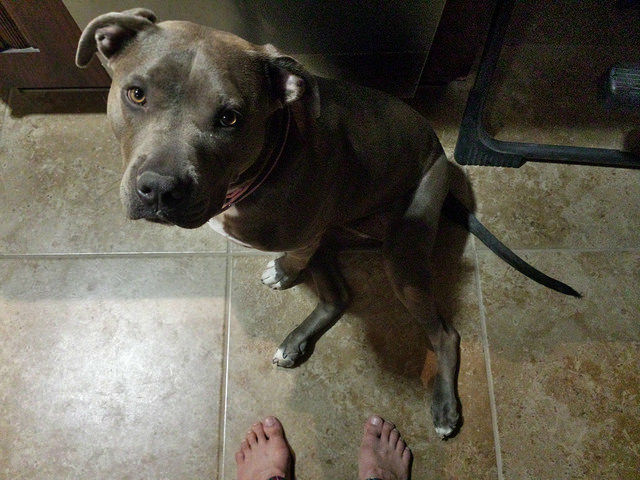

Had it gone another way, it might be considerably more difficult to change opinions in towns yet to propose the same laws. The fight is not over; places all across the country support breed-discriminatory laws for the wrong reasons. If we are to make a permanent change, we must examine the shortcomings of our own “dangerous dog” laws. Evans says:
Since the vote, I have begun the process of reach[ing] out to other residents to create a Resident Committee to vet through the current dog ordinance and create a new one that will be effective. […] My goal is for this committee to have something to present to the Safety and Public Works Committee before the weather turns warm and more dogs are outside.
Thank you on behalf of BarkPost to everyone involved; something great has happened here, and it renews hope that the same results are possible if we have the courage to stand up and speak for those who cannot.
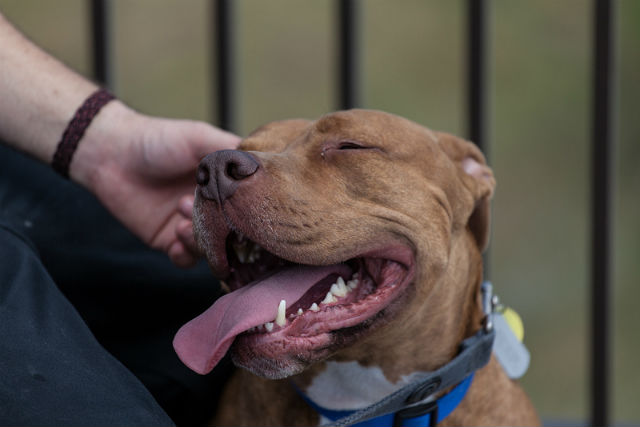

***
I didn’t and couldn’t have done this alone. Some of the people who were instrumental in this effort should be given credit as well: Becky Bynum, Phil Calabrese, Emily Lemon and her Husband Jon-Michael Lemon, Michael Parson, Michael Pope, Haley Eppler, [and] Lisa Smith. —Clint Evans
***
In full disclosure, Lee Greenwood is the brother of Arin Greenwood, who now works for BarkPost.



